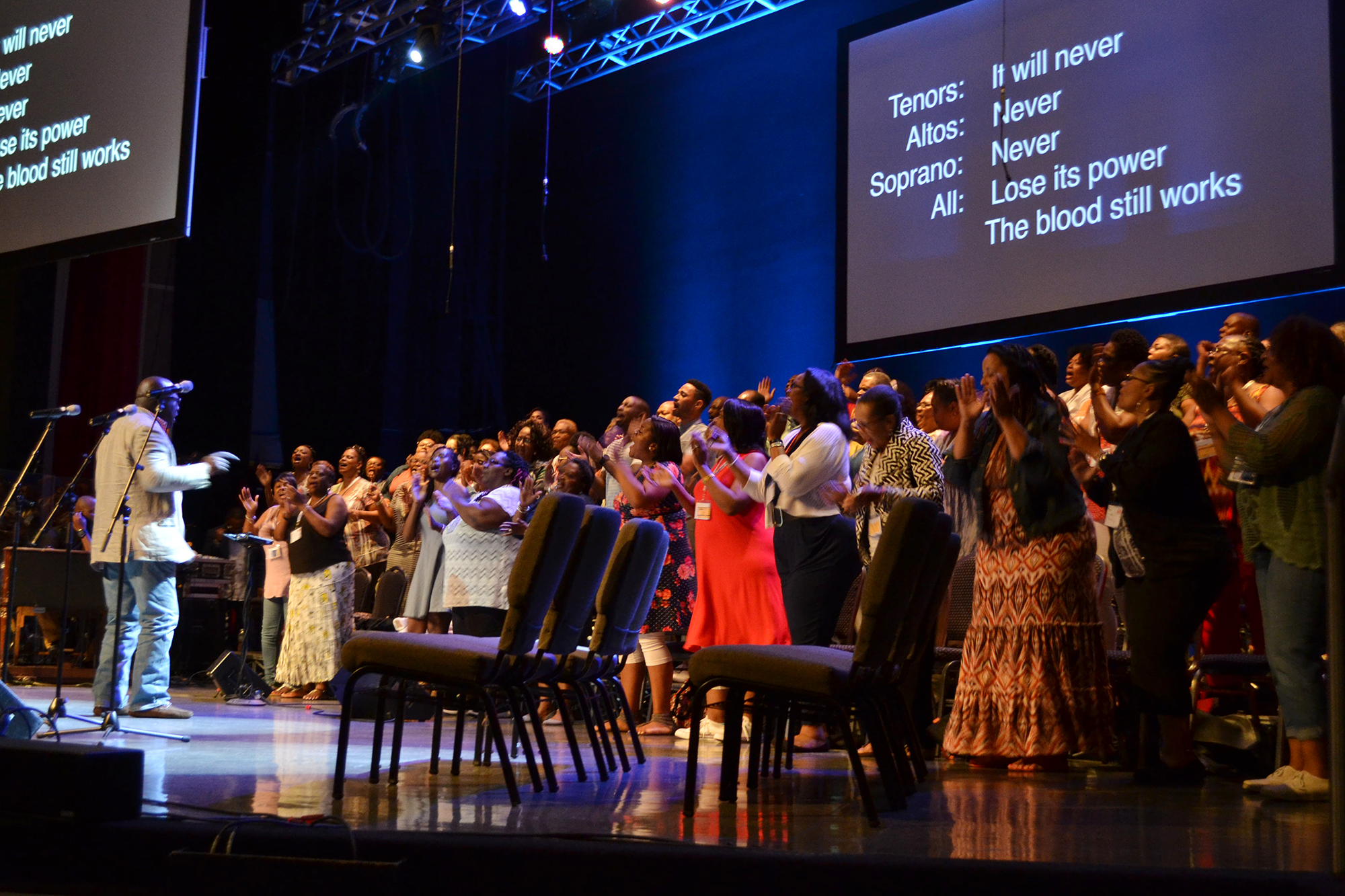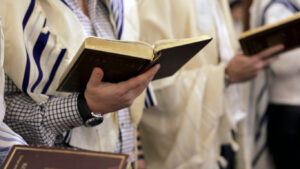
WASHINGTON (BP)–A federal judge has upheld the loss of tax-exempt status for a church that warned Christians about voting for Bill Clinton for president, leading critics of the ruling to issue their own warnings to other congregations.
In supporting the revocation of the tax exemption of The Church at Pierce Creek in Vestal, N.Y., federal judge Paul Friedman of the District of Columbia said the IRS clearly may do so when an organization “publishes an advertisement in opposition to a candidate for public office,” according to The Washington Times. It is the first IRS ruling stripping the tax exemption of a church not accused of being a “sham church” or whose sincerity was unchallenged, Friedman wrote, but he also said there was no proof of a previous incident where a church “so brazenly claimed responsibility for a political advertisement in a national newspaper and solicited tax-deductible donations” for it, The Times reported.
The IRS ruled against the church in 1995 after a two-year investigation of advertisements in USA Today and The Washington Times four days before the 1992 election. In those issues, the church and others sponsored the same full-page ad under the title “Christian Beware.” The ad warned Christians not to “put the economy ahead of the Ten Commandments.” It asked how Christians could vote for Clinton, citing his support of abortion, homosexual rights and condom distribution in schools, as well as scriptures opposing such positions.
“The Bible warns us to not follow another man in his sin, nor help him promote sin — lest God chasten us,” the ad said. It did not endorse either of the other candidates, incumbent President George Bush or Ross Perot.
A Southern Baptist public-policy specialist called Friedman’s March 30 decision an “atrocity.”
“It is very scary when the government starts going after legitimate churches simply because it does not approve of the content of the church’s free speech,” said Will Dodson, the Ethics and Religious Liberty Commission’s director of public policy. “In my opinion, the government has no right and should have no right to monitor the activities of a church and penalize that church for activities which the government deems political.”
Mark Troobnick, one of the lawyers who argued for the church, said “there is a definite reason for churches to be concerned about what the government is trying to do.” In this kind of situation, “churches start censoring themselves” because they do not know when they will cross the IRS’ line, he said.
“And the liberal churches should be just as concerned as the conservative churches, because what’s good for the goose is good for the gander,” said Troobnick, a lawyer for the American Center for Law and Justice.
The church’s lawyers “showed many, many, many examples of . . . Democratic candidates campaigning in churches without any incidents,” but Friedman made a “bright-line distinction” in his ruling between what is said from the pulpit and what a church says in an ad, Troobnick said. Neither the IRS nor the Supreme Court has made such a distinction, Troobnick said.
The executive director of the organization that filed the original complaint against the church applauded the decision.
“Pierce Creek had a simple choice: Work as a non-partisan, tax-exempt church or engage in partisan politicking and forfeit its tax exemption,” said Barry Lynn of Americans United for Separation of Church and State. “The church’s leaders can’t have their cake and eat it too.
“Churches have every right to speak out on important issues of the day, but that’s not what was involved in this case,” Lynn said in a written statement. “It’s impossible to reasonably argue that taking out a full-page political advertisement urging people to vote against a candidate is non-partisan.”
The ERLC’s Dodson said, “Those who claim to believe in separation of church and state and yet support this kind of government harassment lose all credibility as far as I am concerned.
“Furthermore, it would be one thing if the government had decided to tax the church based upon the amount of money that was expended toward a political campaign. But it is absolutely ridiculous that it would have the power to now tax all funds of the church even though 95 percent or better of those funds are used for activities that even the government in its benevolent wisdom deems appropriate.”
Dan Little, who was the church’s pastor in 1992, told The Times the church’s “concerns were moral. When moral concerns get mixed up in political language, that still doesn’t take it outside the church’s domain.
“We have always said that even if we lose this case, we win,” Little said. “We have clearly demonstrated the church becomes a lap dog of the government. They hold the purse strings and say that if you want your finances tax deductible, you have to abide by our rules.”
An appeal will be filed, Troobnick said.
Randall Terry, founder of Operation Rescue, was a member of the church when the ad was placed.














